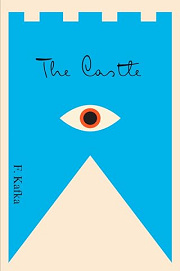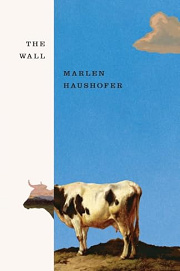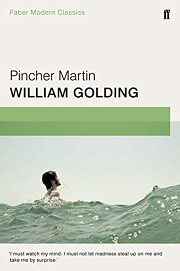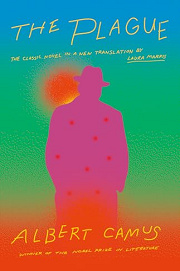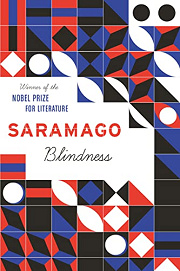Share your thoughts in a quick Shelf Talk!
The Woman in the Dunes by Kobo Abe
A man is lured to a remote village and trapped in shifting sands with a mysterious widow, where every grain seems to measure out desire, duty, and escape. Stark, hypnotic, and unforgettable, The Woman in the Dunes turns isolation into a spellbinding mystery of the human heart.
Have you read this book? Share what you liked (or didn’t), and we’ll use your answers to recommend your next favorite read!
Love The Woman in the Dunes but not sure what to read next?
These picks are popular with readers who enjoyed this book. Complete a quick Shelf Talk to get recommendations made just for you! Warning: possible spoilers for The Woman in the Dunes below.
In The Woman in the Dunes, did you enjoy ...
... surreal, claustrophobic entrapment by an opaque community and Sisyphean labor?
The Castle by Franz Kafka
If being trapped in the sand pit with Niki Jumpei—ladder pulled away, villagers demanding endless shoveling to keep the widow’s house from burial—hooked you, you’ll love the nightmarish logic of K.’s futile attempts to reach the Castle. Like Jumpei bargaining and scheming with the villagers, K. navigates cryptic rules and shifting permissions, every step forward swallowed by the system’s shifting sands. The same vertiginous, dreamlike pressure is here, turning routine tasks into existential tests.
... meticulous, day-by-day survival in isolating captivity?
The Wall by Marlen Haushofer
If the nightly sand shoveling, the jury-rigged water-collecting device, and Jumpei’s pragmatic routines kept you rapt, The Wall will resonate. A woman finds an invisible barrier sealing her off from the world and must survive alone, tending animals and rationing supplies. The intimate logistics—like Jumpei learning the rhythms of the dunes and negotiating life with the widow—become a moving chronicle of endurance and identity forged under inescapable conditions.
... a single consciousness under extreme confinement and sensory intensity?
Pincher Martin by William Golding
If you were absorbed by the close, almost airless focus on Jumpei’s mind as he plots escapes, studies sand, and gauges the widow’s silences, Golding’s tale of a castaway clinging to a barren rock will pull you under. The narrative drills into moment-to-moment perception—like counting shovel loads or testing the sand’s treachery—until survival becomes a raw confrontation with the self.
... existential questions raised by repetitive, burdensome labor under inescapable conditions?
The Plague by Albert Camus
If Jumpei’s endless shoveling, his thwarted escapes, and his unsettling acceptance of the pit made you ponder choice and absurdity, The Plague will speak to you. As Oran’s citizens face quarantine, their routines ossify into moral tests—much like Jumpei weighing complicity with the villagers and his tentative bond with the widow. The book explores what meaning we craft when we cannot leave, only persist.
... allegorical confinement where environment and routine become moral crucibles?
Blindness by José Saramago
If the sand village’s rituals—the exchange for water, the nightly digging, the wife’s and Jumpei’s uneasy domesticity—felt like living symbols, Blindness offers a wider but equally allegorical trap. A sudden epidemic blinds a city, and a quarantined ward devolves into grim routines and power struggles. As with Jumpei’s pit, material details turn emblematic, and survival exposes what people choose to be when no one can escape the enclosure.
Unlock your personalized book recommendations! Just take a quick Shelf Talk for The Woman in the Dunes by Kobo Abe. It’s only a few questions and takes less than a minute.

